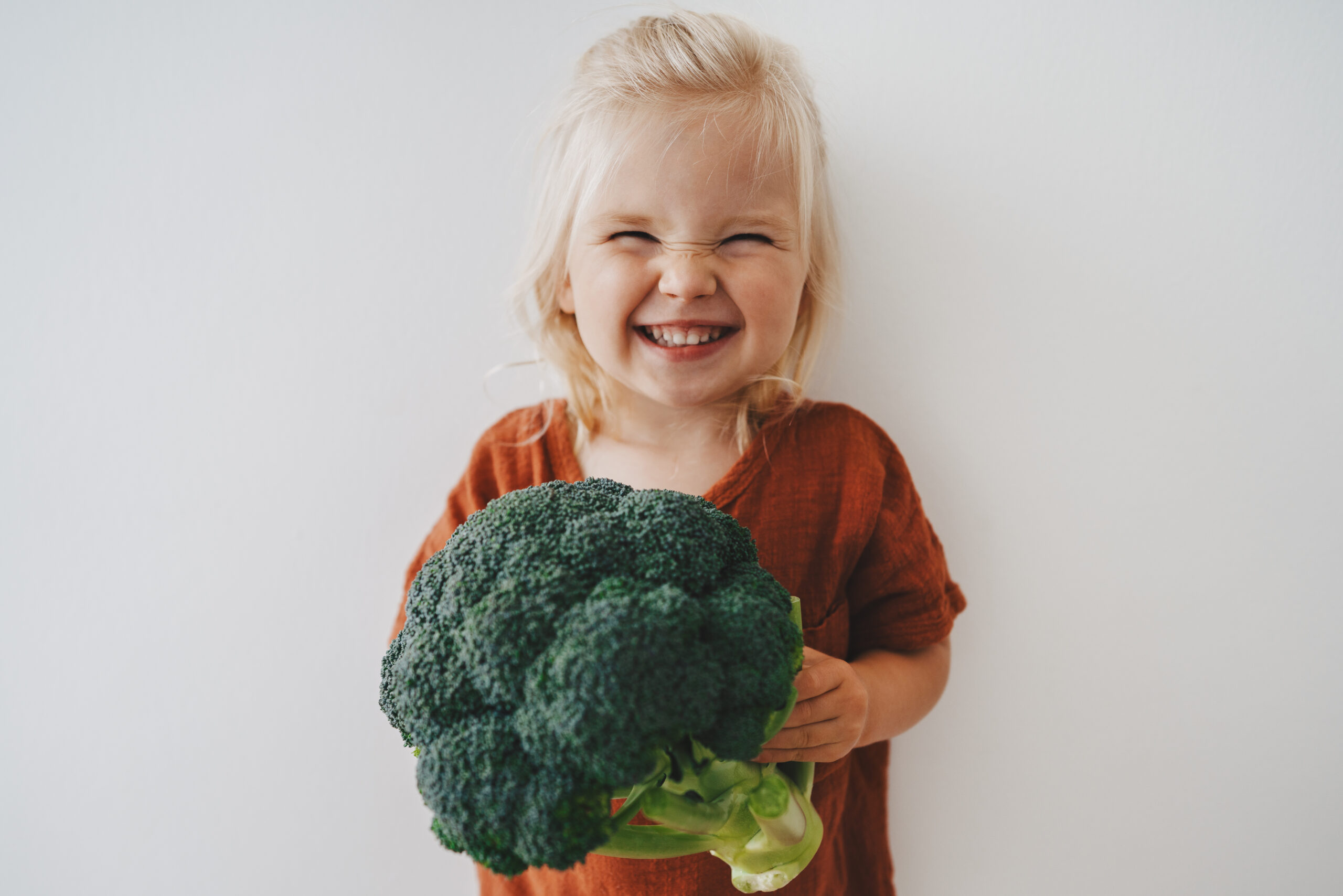I turned the music up on the car stereo. “If you’re happy and you know it, shout hurray!” Glancing in the rearview mirror, I checked to see if I’d made any headway. Nope. My 1-year-old had her eyes pinched shut and her mouth wide open, wailing. Next to her, my 3-year-old kicked his feet like a wild man. “Make her stop!” he cried. Exasperated, I ignored them both and shouted, “Hurr-ray!” Sweat pooled at my lower back and when I braked hard for a red light, I pushed down some not-so-nice words. I felt like I could snap at any moment.
Toddlers will try us throughout the day. But even as they do, they soak up new information on how to act or respond. They’re taking notes from you. If you want your little one to be a kind, cooperative, and well-behaved child (and don’t we all), start practicing these 3 P’s of parenting toddlers, and you’ll be on your way.
1. Patience
What makes you lose your patience with your child? Maybe it’s his whining or frequent crying. Or perhaps it’s when he disobeys you and doesn’t play well with a sibling. Losing your patience might be a result of your own tiredness at the end of a long day. But identifying what tends to make you lose your cool is the first step to gaining more patience when parenting toddlers.
What will help? Maybe you need to take a few deep breaths or whisper a short prayer. Being patient with your child will demonstrate the right way to handle difficulties. A study published in the National Library of Medicine found that parents are crucial in shaping their kids’ abilities to regulate emotions. So, keep in mind that even though we all lose it now and then, it’s important to find strategies to help you maintain patience. Your child is watching and learning from you.
2. Perseverance
I’ll be the first to admit I had no idea what I was doing when my child entered the toddler years. But with food, for example, my son had to eat what we gave him because my daughter had just been diagnosed with multiple food allergies. I was too scared to keep her allergens (including cheese sticks and peanut butter) in the house. As a result, my son often made mealtime miserable. I can still picture him dry-heaving pulled pork. When he finally realized he could eat what we gave him or starve, he stopped spitting food up on the table. Now, as a teenager, he’s actually a better eater than I am.
Whether your child wants to sleep in your bed with you or refuses to eat her veggies, you have to be more persistent than she is to get the results you want. Think of it more as a marathon than a sprint. If you persevere, you’ll eventually see a change in your child’s behavior. Do your best to keep trying. Developing perseverance when parenting toddlers is a skill that will improve with time.
Think of it more as a marathon than a sprint. If you persevere, you’ll eventually see a change in your child’s behavior.
3. Practice
The more you do something, the better you’ll get. So, with the third P for parenting toddlers well, it’s twofold: You have to practice traits like patience and perseverance. But you also need to practice what you preach.
What do you preach? If I tell my son to be kind to his sister, I also need to watch how I talk to my husband and how I talk to my kids. If I say, “No snacks before dinner,” I probably shouldn’t sneak a cookie from my secret stash behind the bread box. Kids are always watching us, looking for the answers on how to behave and what’s acceptable. And as a mom now of two teenagers, I’ll tell you they always will. So, practice what you preach and practice handling stressful situations the way you’d like your children to handle them as they grow. Remember, it’s a journey. So, buckle up for the ride. It’s a long one, but a good one.
How hard is parenting a toddler?










